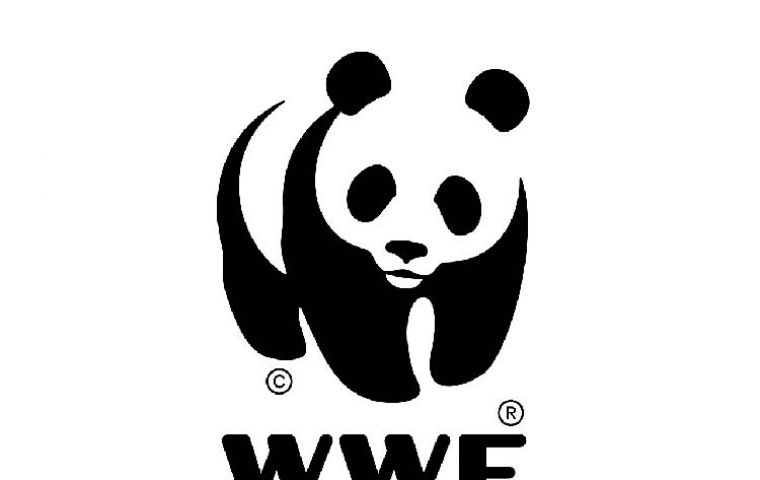MercoPress. South Atlantic News Agency
WWW warns about incoming “ecological credit crunch”

Human demands on the world's resources are nearly a third more than what the earth can sustain, setting the stage for an “ecological credit crunch,” says a new report. The WWF's 2008 Living Planet Report, which offers a summery of the planet's health, says future generations will face a “crunch” if humans continue to amass an ecological deficit.
"The world is currently struggling with the consequences of over-valuing its financial assets but a more fundamental crisis looms ahead -- an ecological credit crunch caused by under-valuing the environmental assets that are the basis of all life and prosperity," WWF International Director-General James Leape said in a statement. According to the report demand for resources now exceeds the planet's capacity to replenish its 'natural capital' by about 30%. If global consumption continues at the same rate, by the mid-2030s we will need the equivalent of two planets to maintain our lifestyles. In addition, the new report shows that populations of nearly 1,700 species of mammals, birds, reptiles, amphibians and fish have declined on average by nearly 30% since 1970. The situation is particularly bleak in tropical regions, where the average fall is 51%. The report also highlights that the availability of fresh water is of increasing concern, with some 50 countries now experiencing either seasonal or permanent shortages. These extremely disappointing downward trends stem from a growing human population's increasing 'footprint': our rampant consumption of resources such as timber and paper, water, energy, agricultural crops, meat and dairy products, fish and seafood, and land for infrastructure – as well as the impacts associated with disposing of waste products. "Our natural environment is already bowing under this pressure," said Colin Butfield, WWF's Head of Campaigns. "The danger is that the ecological recession will be followed by a widespread and irreversible breakdown in our most important natural systems." But the good news is that we have the means to reverse the ecological devastation. The report outlines how we can put ourselves on a more sustainable path via global strategies that WWF is now spearheading. For example, with carbon emissions from fossil fuel use noted as the greatest component of humanity's footprint, the report outlines how energy efficiency and clean energy generation can help deliver a more sustainable future. The global carbon footprint has grown more than 10-fold since 1961. "We humans have been very good at creating problems – but we can be equally good at solving them," said David Norman, Director of Campaigns at WWF-UK. "A sustainable world is not an unachievable goal. As the world looks to restore its economies we must build in long-term environmental as well as economic sustainability." The report shows that in 2005 – the year when data for the report was compiled – the US and China had the largest total footprints, each using 21% of the planet's natural capacity. The average citizen in the US and United Arab Emirates has the biggest ecological footprint – or environmental impact on the planet. The UK comes in 15th, with the average UK citizen having almost four times more impact on the planet than the average African. The report, which is published every two years, is produced with the Zoological Society of London and the Global Footprint Network.




Top Comments
Disclaimer & comment rulesCommenting for this story is now closed.
If you have a Facebook account, become a fan and comment on our Facebook Page!